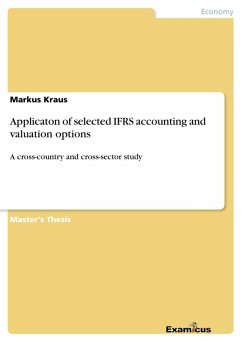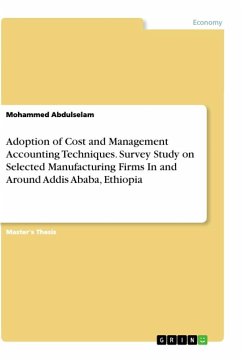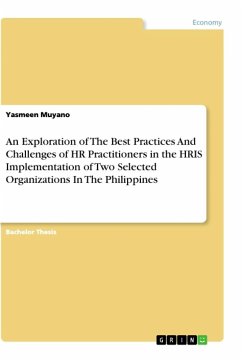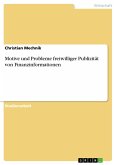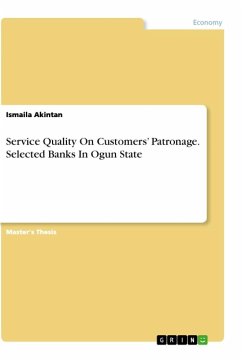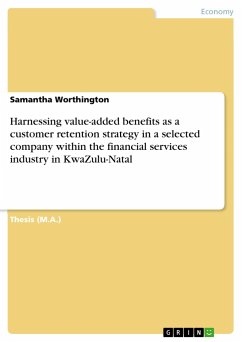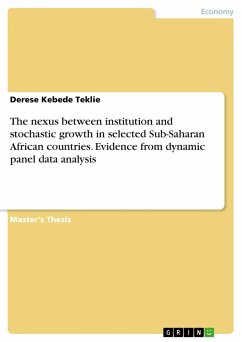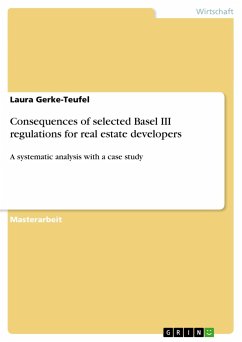Master's Thesis from the year 2006 in the subject Business economics - Accounting and Taxes, grade: 1.5, University of Applied Sciences Fulda, language: English, abstract: In recent years, the applicable accounting standards for companies changed considerably.Until the 1990s, the development of accounting standards was mainly anational responsibility. In consequence, the standards were influenced by nationalfactors. Therefore, there was much divergence among domestic accounting standards.Only in recent years, there is a strong trend to the convergence of domesticaccounting standards. The International Financial Reporting Standards (IFRS)play a major role in this convergence process. The IFRS have influence on theconvergence process in two ways. On the one hand, some countries require theuse of IFRS or an adjusted version of IFRS for all domestic companies or forsegments of domestic companies, for example listed companies. On the otherhand, some countries converge their domestic accounting standards with IFRS. Ina survey of fifty-nine countries conducted by the major accounting firms in 2002,90% of these countries confirmed that they intend to adopt or converge withIFRS. One of the most important decisions in this convergence process was thepassing of a regulation by the commission of the European Union (EU) in 2002.This regulation requires that all listed companies in the EU must present theirconsolidated financial statements in accordance with IFRS for financial years beginningon or after 1 January 2005.What are the reasons for this convergence process? The main reason is that companiesand investors increasingly conduct their operations on a global scale, butthe legal and regulatory frameworks for their reporting activities remain countrybased. So, the companies have to apply many different accounting standards forthe reporting of their subsidiaries in different countries. On the one hand this incursadditional costs for multinational companies and on the other hand it is moredifficult for investors to compare investment opportunities globally.The convergence of accounting standards reduces definitely the costs of multinationalcompanies. However it is not obvious, if financial reports in accordancewith IFRS of companies from different companies are really comparable. The International Accounting Standards Board (IASB) is responsible for the developmentof IFRS. In order to get worldwide acceptance of IFRS, the IASB providesmany interest groups and countries the opportunity to participate in the standardsettingprocess. [...]
Hinweis: Dieser Artikel kann nur an eine deutsche Lieferadresse ausgeliefert werden.
Hinweis: Dieser Artikel kann nur an eine deutsche Lieferadresse ausgeliefert werden.

